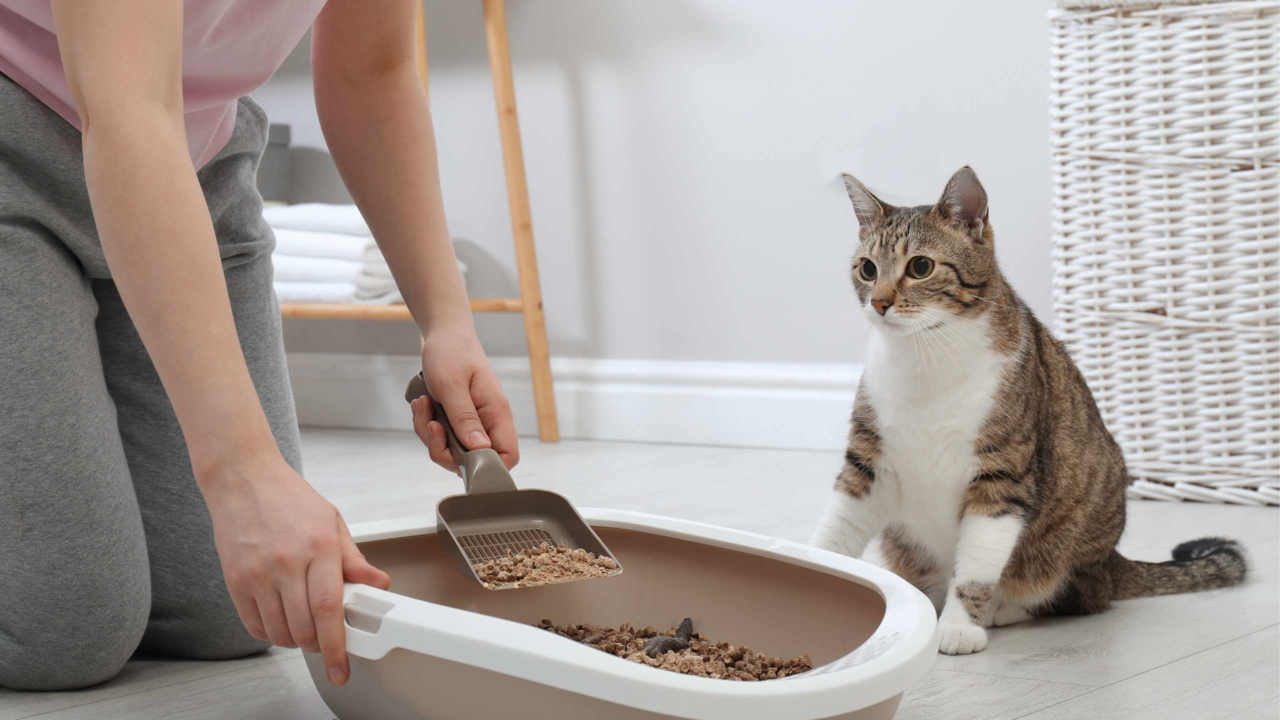Is your furry friend suddenly ignoring the litter box and choosing other parts of your home instead? If your cat is peeing outside the litter box, you're not alone. This common but frustrating behaviour often signals an underlying issue—medical, behavioural or environmental. Understanding the root cause is the first step toward helping your cat regain healthy litter habits and restoring harmony in your home.
Medical Reasons Behind Inappropriate Urination
One of the first things to rule out when your cat begins to urinate outside the litter box is a medical issue. Urinary tract infections (UTIs), bladder stones, kidney disease and diabetes can all cause discomfort or frequent urination, prompting your cat to avoid the box. If your typically tidy cat shows signs of distress while urinating, squats often, or leaves small puddles, a vet visit is essential.
In certain cases, dietary adjustments and pet health supplements can support urinary tract health. Cats with sensitivities may also benefit from switching to wet food, which helps increase their fluid intake and reduce urinary issues.
Stress And Behavioural Triggers
Cats are highly sensitive to changes in their environment. Moving house, a new pet, loud noises or even changes in your routine can create anxiety. In reaction, your cat may 'mark' their territory or become too stressed to use the litter box properly. Consider providing calming products that help soothe anxious cats and restore a sense of routine.
Some cats express stress by urinating near windows, doors or on personal belongings. Look for patterns and try to identify specific sources of stress. The more secure your cat feels, the more likely they'll return to their normal habits.
Cleanliness And Litter Box Preferences
Cats are picky animals, especially when it comes to their toilet. A dirty or smelly litter box can quickly lead to avoidance. Make sure you’re scooping daily and changing the litter regularly. Some cats even have preferences for litter type, box shape or location. Trialling a different set-up or investing in automatic litter boxes might be the solution for particularly fussy felines.
Using cleaning products specifically designed for pet messes will also help eliminate lingering odours that can encourage repeat accidents. Find great options in our pet clean-up and litter collection.
Diet Can Influence Litter Habits
Your cat’s diet can play a bigger role in urinary health than you might think. Cats that don’t drink enough water are especially prone to urinary issues. Feeding moisture-rich wet food can help, as can encouraging drinking from pet water fountains that stimulate interest in hydration.
Certain prescription or science-based diets can support urinary health. Explore our range of health-focused nutrition options to find a diet best suited to your cat’s needs.
Territorial Or Habitual Marking
Unneutered male cats are most likely to engage in spraying or marking, but any cat may develop this habit under stress. While marking is often mistaken for urination, it's a distinct behaviour typically done on vertical surfaces like walls or furniture. Desexing your pet can reduce or eliminate this behaviour in many cases. If the issue persists, consult a vet or feline behaviour specialist for tailored strategies.
How To Encourage Better Litter Habits
- Keep multiple litter boxes in multi-cat households
- Clean litter boxes daily and replace litter weekly
- Introduce new hygiene-focused products to enhance cleanliness
- Use calming sprays or treats to reduce stress triggers
- Provide positive reinforcement when your cat uses the litter box
Patience, observation and the right products go a long way in resolving inappropriate urination.
Bring Back Peace To Your Home
If your cat is peeing outside the litter box, don’t despair—it’s a signal that something’s not quite right. Once you identify the cause, whether it's medical, emotional or environmental, you can make changes to support your cat’s wellbeing. From switching to a more digestive-friendly cat food to upgrading your litter solution, Petdirect is here to make that journey easier.
Browse our top-rated picks to find solutions trusted by Kiwi cat parents, and help your feline friend feel comfortable and confident again.
